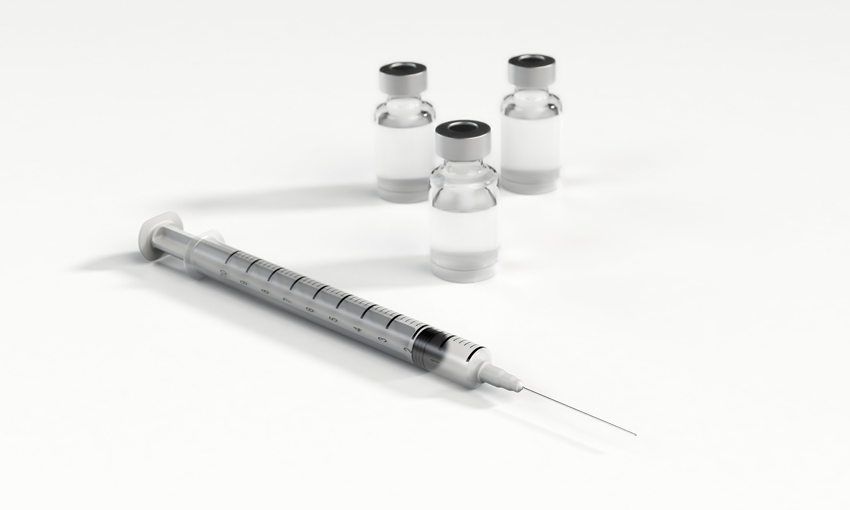NSW HEALTH provided first vaccinations at Port Botany for 16 crew members of the Singapore-flagged tanker Epic St Agnes.
A spokesperson for NSW Health told DCN the seafarers were eligible phase 1a frontline workers.
“Seaport workers are vital frontline workers who, like those working in the hotel quarantine system, work with the risk of being exposed to someone with COVID-19,” the spokesperson said.
“NSW Health started providing vaccinations to seaport workers in March, and since then we have liaised with more than 200 government organisations and private companies at our seaports to enable their workers to receive a vaccination.”
Epic St Agnes is on long-term charter to Origin Energy and operates on the Australian coast.
These vaccinations come after the tanker Inge Kosan berthed at the Port Botany Bulk Liquids Berth before suffering a COVID-19 outbreak onboard.
More needs to be done: union
The Maritime Union of Australia welcomed the vaccinations of the Epic St Agnes crew. The union said it was part of a larger initiative that will cover vessels that regularly visit the Port Botany Bulk Liquids Berth.
However, the MUA said the model should be rolled out nationally to reduce the risk of COVID-19 transmission to waterfront workers.
MUA Sydney deputy branch secretary Paul Garrett welcomed the NSW Health initiative, but questioned why it was only taking place on a small number of vessels at the Bulk Liquids Berth.
“This Australian-first effort to vaccinate foreign seafarers that make regular visits to Australian ports is a welcome step to reduce the risk of COVID transmission to waterfront workers, but it needs to be replicated at all ports and terminals,” Mr Garrett said.
“The COVID outbreak on the Inge Kosan last month, which appears to be responsible for the death of one of the seafarers onboard, highlights the significant risk that maritime ports of entry pose as a source of community transmission.”
National, consistent approach needed
MUA national secretary Paddy Crumlin said there was an urgent need for a nationally-consistent approach to close the holes in Australia’s maritime biosecurity measures.
“Thousands of foreign ships visit Australian each year, with many conducting regular trips or undertaking coastal trade between Australian ports, resulting in a significant risk of COVID transmission into the community through direct contact with waterfront workers,” Mr Crumlin said.
“I wrote to the National Cabinet again last month to warn of the significant public health threat and outline the immediate reforms needed to address this risk. Inconsistent and tokenistic measures, such as vaccinations for seafarers at certain ports or terminals but not at others, can’t solve what is a national threat.”
Mr Crumlin said the vaccine initiative proves that it is possible to vaccinate foreign seafarers, but those efforts will only be truly effective if they’re done in a co-ordinated, nationally-consistent way.
“It shouldn’t take COVID outbreaks, such as the recent one on the Inge Kosan, to force federal, state and territory governments to finally take the steps needed to address the risk of COVID transmission at Australian ports,” Mr Crumlin said.
Rapid testing for seafarers
International Transport Workers’ Federation Australia co-ordinator Ian Bray said the federal government needed to do more to protect the wellbeing of seafarers in Australia’s maritime supply chains.
“As well as providing vaccinations for seafarers travelling to Australian ports, there also needs to be COVID testing undertaken of all seafarers arriving from foreign ports,” Mr Bray said.
“Not only would rapid testing allow Australian workers who have come into contact with confirmed cases to be immediately isolated, it would mean appropriate medical care could be provided to seafarers, along with support to prevent further spread of the virus on the vessel.
“Seafarers are responsible for transporting 98% of Australia’s imports and exports, which is why it is so important to address the threat COVID poses to these maritime supply chains.”

